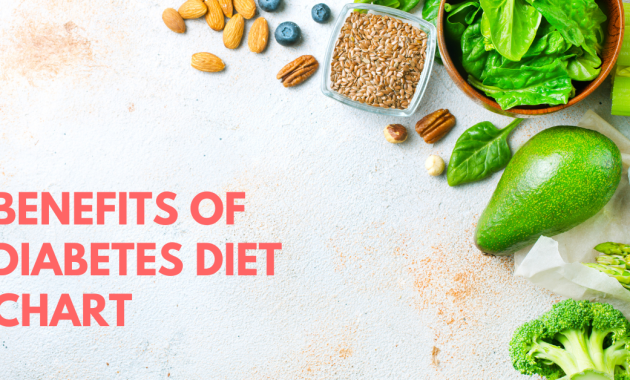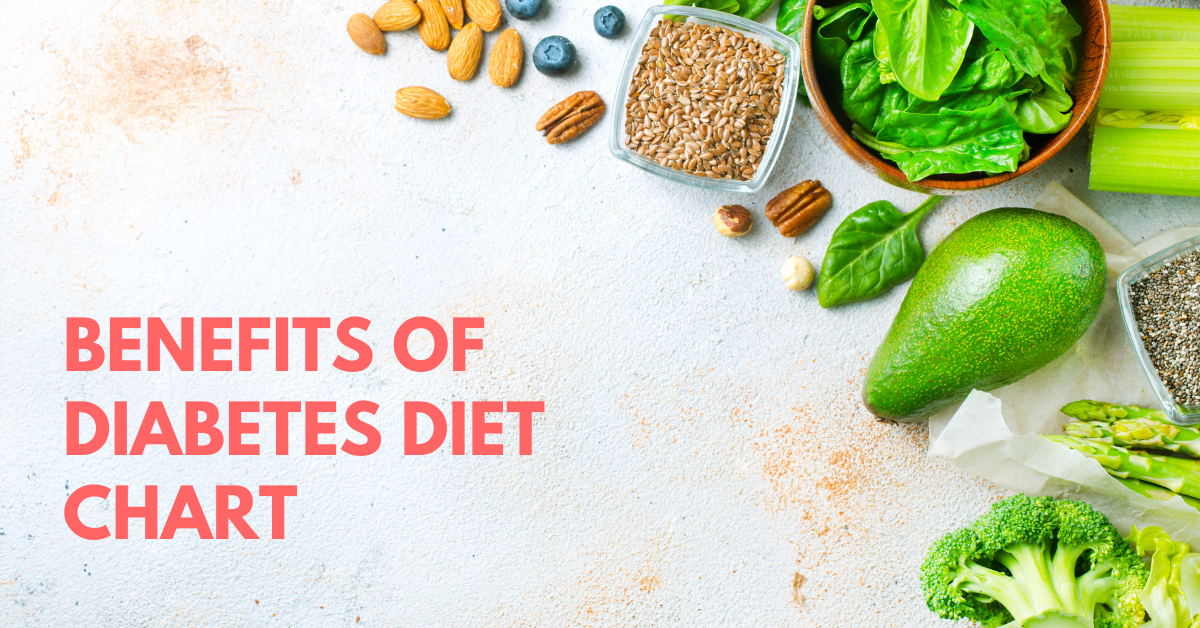
How to Adjust Your Diet When Diabetes Gets Worse: Navigating Changes
Diabetes is a chronic condition that requires constant management. It’s a journey with potential ups and downs. Understanding how to adjust your diet when diabetes gets worse is crucial. This guide provides essential information for managing your condition.
Changes in your diabetes can occur for various reasons. These include changes in medication, illness, or lifestyle. The key is to adapt your dietary habits to meet your body’s needs. This ensures the best possible health outcomes.
Recognizing the Signs That Your Diabetes is Worsening
Identifying the signs that your diabetes is worsening is the first step. Early detection allows for timely intervention. This can prevent serious health complications. Be aware of the following warning signs.
- Increased Blood Sugar Levels: Consistently high blood sugar is a primary indicator. Check your blood sugar regularly. Note any persistent increases.
- Increased Thirst and Frequent Urination: These are common symptoms of high blood sugar. They signal your body’s attempt to flush out excess glucose.
- Unexplained Weight Loss: This can happen even if you are eating normally. It is a sign that your body isn’t utilizing glucose efficiently.
- Increased Fatigue: High blood sugar can leave you feeling tired and lethargic. This is due to the body’s inability to use glucose for energy.
- Blurred Vision: High blood sugar can affect the lens of your eye. This can lead to temporary or permanent vision changes.
- Slow-Healing Sores: Diabetes can impair blood flow and wound healing. This increases the risk of infection.
- Numbness or Tingling in Extremities: Nerve damage (neuropathy) is a potential complication. It can cause pain or loss of sensation in the hands or feet.
If you experience any of these symptoms, consult your healthcare provider. They can assess your condition and adjust your treatment plan. This may include dietary modifications.
The Role of Diet in Diabetes Management
Diet plays a central role in managing diabetes. It impacts blood sugar levels. A well-planned diet helps keep these levels within a healthy range. It also reduces the risk of long-term complications. These complications include heart disease, kidney disease, and nerve damage.
A balanced diet for diabetes includes a variety of foods. These foods provide essential nutrients. They also help control blood sugar and promote overall health.
Key Dietary Adjustments When Diabetes Worsens
When diabetes gets worse, dietary adjustments are often necessary. These adjustments depend on your individual needs. They also depend on your healthcare provider’s recommendations. Here are some key areas to consider.
Carbohydrate Management
Carbohydrates have the greatest impact on blood sugar. It is vital to carefully manage carbohydrate intake. This involves understanding the types of carbs and portion sizes.
- Choose Complex Carbohydrates: Opt for whole grains, vegetables, and fruits. These digest slowly. They cause a gradual rise in blood sugar.
- Limit Refined Carbohydrates: Avoid white bread, pasta, and sugary drinks. These cause rapid blood sugar spikes.
- Monitor Portion Sizes: Use measuring cups and food scales. This helps you control your carbohydrate intake.
- Count Carbohydrates: Learn to count carbs. This helps you match your insulin doses to your food intake.
Protein Intake
Protein is essential for overall health. It has a minimal impact on blood sugar levels. Include lean protein sources in your diet.
- Choose Lean Protein Sources: Select lean meats, poultry without skin, fish, and plant-based protein. Examples include beans, lentils, and tofu.
- Control Portion Sizes: Overeating protein can still affect your overall calorie intake. It could indirectly impact your blood sugar control.
Fat Consumption
The type of fat you consume matters. Healthy fats can improve your heart health. Limit saturated and trans fats. These can worsen insulin resistance.
- Choose Healthy Fats: Include foods rich in unsaturated fats. These include avocados, nuts, seeds, and olive oil.
- Limit Saturated and Trans Fats: Reduce your intake of red meat, processed foods, and fried foods. These fats can negatively affect your health.
Fiber Intake
Fiber slows down the absorption of sugar. It helps stabilize blood sugar levels. It also promotes digestive health.
- Eat High-Fiber Foods: Include plenty of vegetables, fruits, and whole grains. These are excellent sources of fiber.
- Increase Fiber Gradually: If you’re not used to eating a lot of fiber, increase it slowly. This can prevent digestive discomfort.
Meal Timing and Frequency
When and how often you eat affects blood sugar control. Eating regular meals and snacks can help keep your blood sugar stable.
- Eat Regular Meals: Don’t skip meals. This can lead to blood sugar fluctuations.
- Space Meals and Snacks: Eat meals and snacks at consistent times. This helps regulate your blood sugar.
- Consult Your Healthcare Provider: They can advise on the best meal timing for you. This may depend on your medication schedule.
Foods to Prioritize When Diabetes Worsens
Certain foods can help manage your diabetes. These foods provide essential nutrients. They also support overall health. Consider incorporating the following into your diet.
- Non-Starchy Vegetables: These include leafy greens, broccoli, and peppers. They are low in carbs and high in nutrients.
- Fruits with a Low Glycemic Index: Berries, apples, and pears are good choices. They cause a slower rise in blood sugar.
- Lean Proteins: Chicken, fish, and beans provide essential amino acids. They also help you feel full longer.
- Whole Grains: Opt for brown rice, quinoa, and oats. They are high in fiber. They also help regulate blood sugar levels.
- Healthy Fats: Avocados, nuts, and olive oil support heart health. They help with overall well-being.
Foods to Limit or Avoid
Some foods can worsen blood sugar control. It is important to limit or avoid these foods.
- Sugary Drinks: Sodas, juices, and sweetened beverages cause rapid blood sugar spikes.
- Processed Foods: These foods often contain high levels of sugar, sodium, and unhealthy fats.
- Refined Grains: White bread, pasta, and rice can quickly raise blood sugar levels.
- Fried Foods: These foods are high in unhealthy fats. They can worsen insulin resistance.
- Excessive Alcohol: Alcohol can affect blood sugar levels. It can also interfere with diabetes medications.
Additional Tips for Managing Your Diet
Beyond specific foods, other strategies help manage your diet. These strategies support your overall health. They also improve your diabetes control.
- Work with a Registered Dietitian: A dietitian can create a personalized meal plan. This plan will address your specific needs. It will consider your medication and lifestyle.
- Read Food Labels Carefully: Pay attention to serving sizes, carbohydrate content, and added sugars. This helps you make informed choices.
- Plan Your Meals: Planning your meals can help you stay on track. It also helps you avoid impulsive choices.
- Keep a Food Diary: Tracking what you eat can help you identify patterns. It helps you understand how different foods affect your blood sugar.
- Stay Hydrated: Drink plenty of water throughout the day. This helps regulate blood sugar levels.
- Get Regular Physical Activity: Exercise improves insulin sensitivity. It helps your body use glucose more effectively.
- Manage Stress: Stress can raise blood sugar levels. Practice relaxation techniques to manage stress.
- Get Enough Sleep: Poor sleep can affect blood sugar control. Aim for seven to eight hours of sleep per night.
When to Seek Professional Help
Consult your healthcare provider if your diabetes is getting worse. They can help you make necessary adjustments. They can also address any potential complications.
- Consult Your Doctor: Discuss your symptoms and concerns with your doctor. They can adjust your medication or treatment plan.
- Visit a Registered Dietitian: A dietitian can help you create a personalized meal plan. This plan addresses your specific needs.
- Seek Mental Health Support: Diabetes can be emotionally challenging. Consider seeking support from a therapist.
- Attend Diabetes Education Classes: These classes provide valuable information. They empower you to manage your condition effectively.
Adjusting your diet when diabetes gets worse is essential. It requires diligence and a proactive approach. By making informed choices, you can manage your blood sugar levels. You can also reduce the risk of complications. Work closely with your healthcare team. Follow their recommendations. Stay informed about your condition. Take control of your health. You can live a healthy and fulfilling life with diabetes.
Remember, managing diabetes is an ongoing process. It needs continuous effort. With the right approach, you can maintain good health and well-being. Make the necessary adjustments to your diet. Consult with healthcare professionals. You can effectively manage your diabetes and its impact. This will help you stay healthy for years to come. Prioritize regular check-ups. They ensure you are on the right track. Stay informed about the latest advancements. This keeps you empowered in your health journey. This comprehensive guide offers valuable insights. It equips you with the knowledge needed to make informed decisions. These decisions will help you manage your diabetes effectively. This will also enhance your quality of life.
[See also: Related Article Titles]

